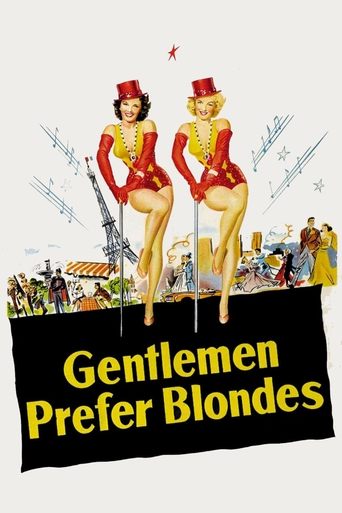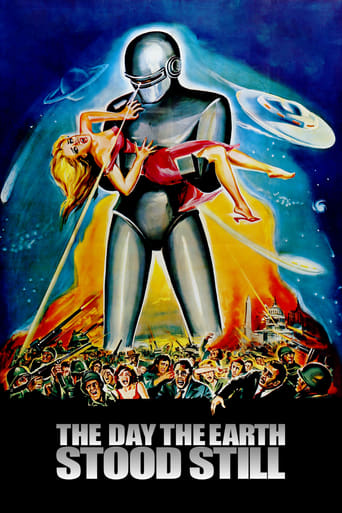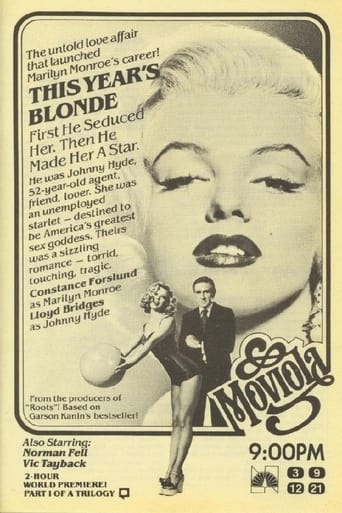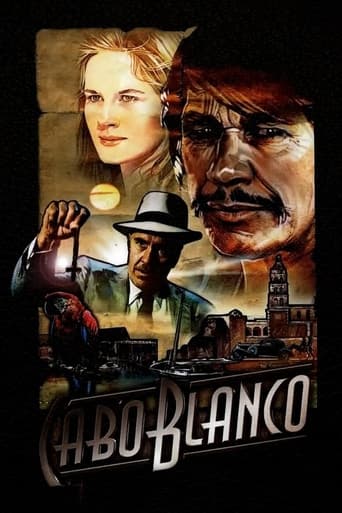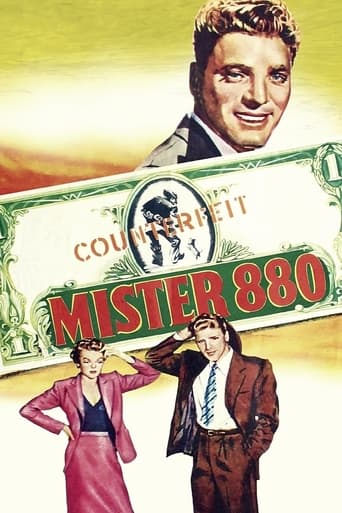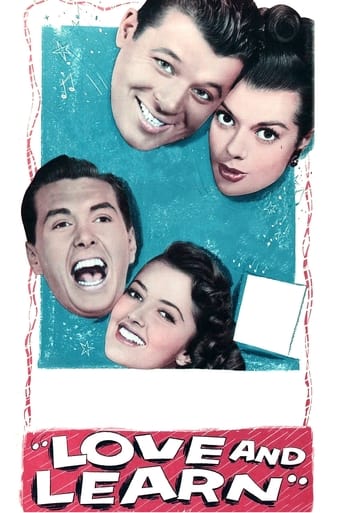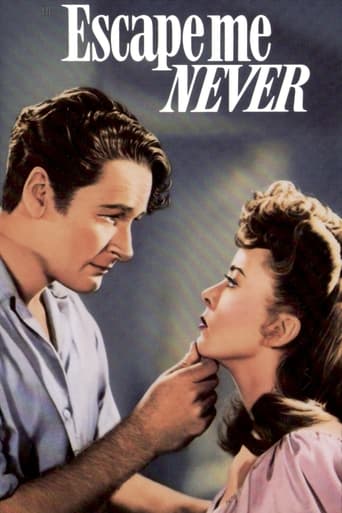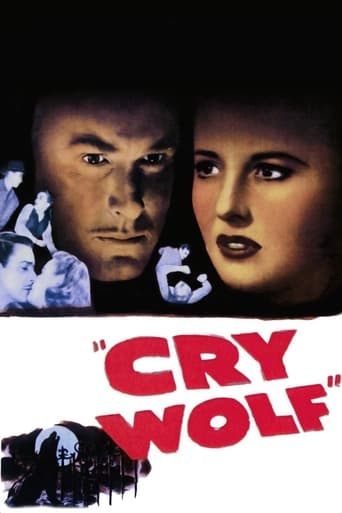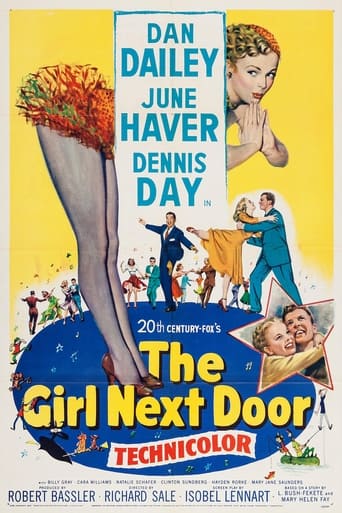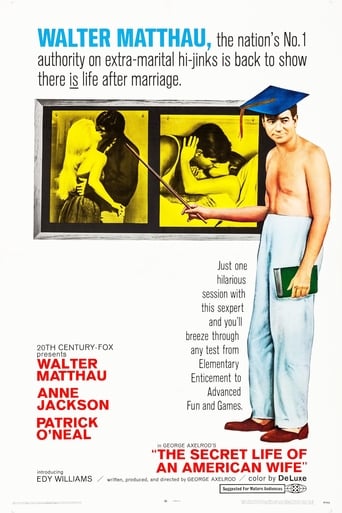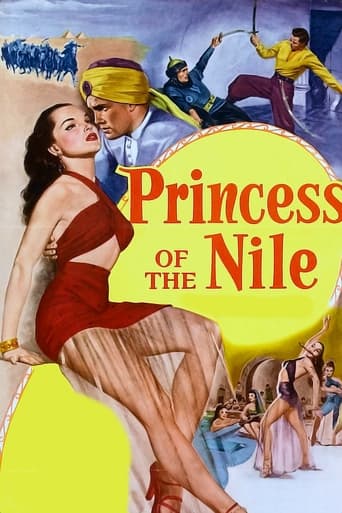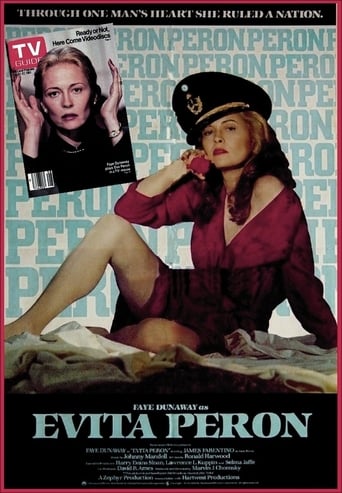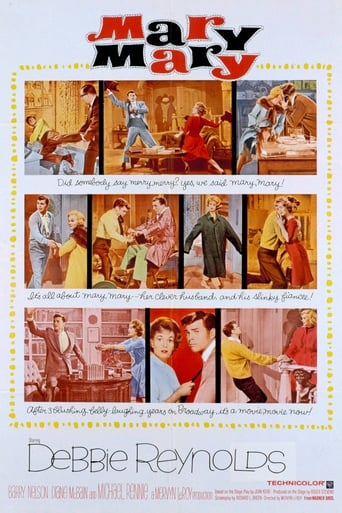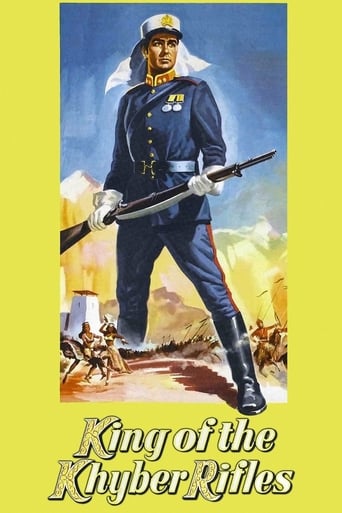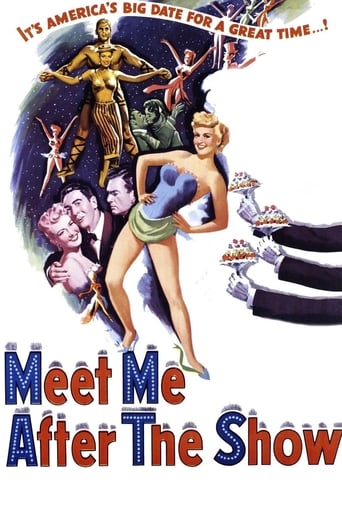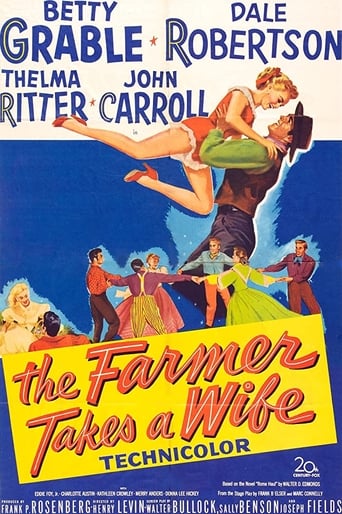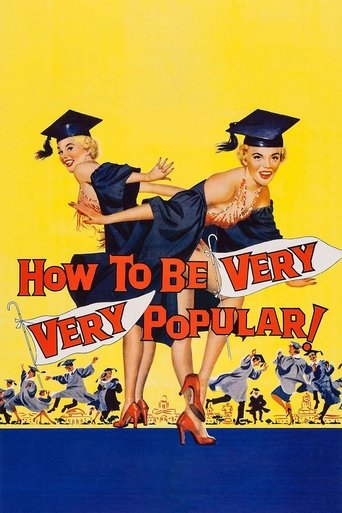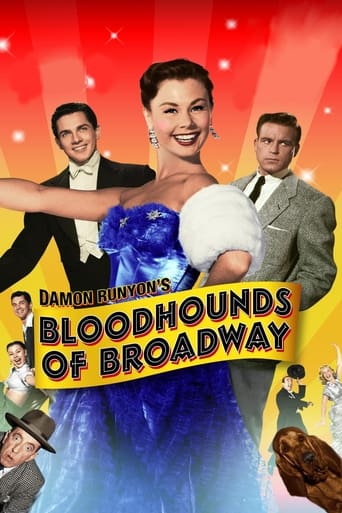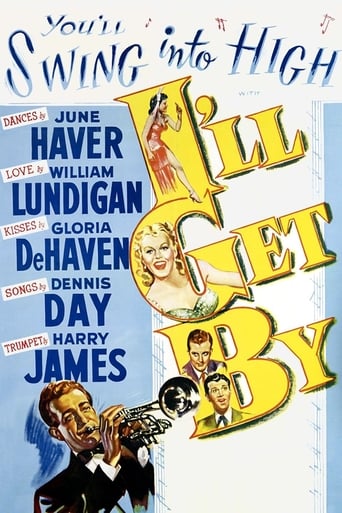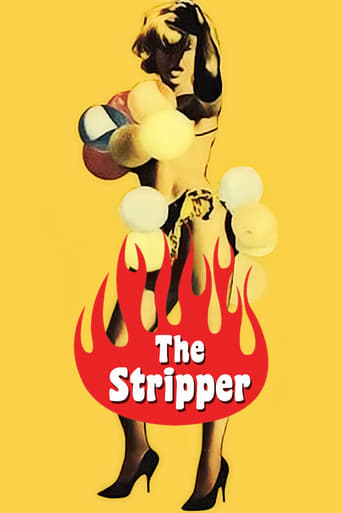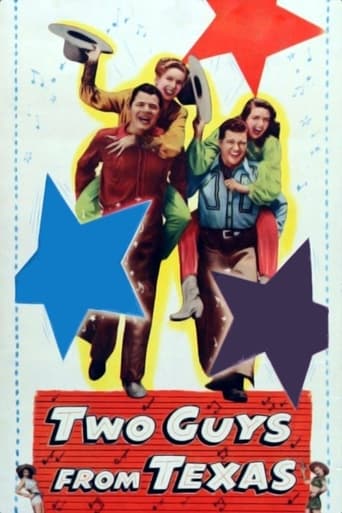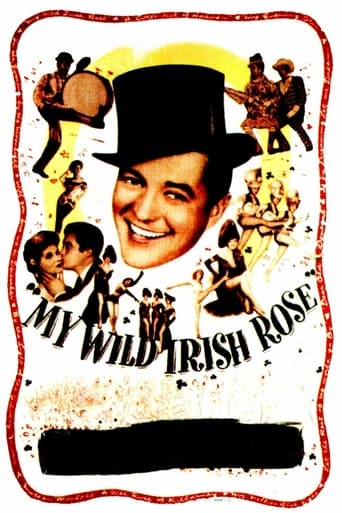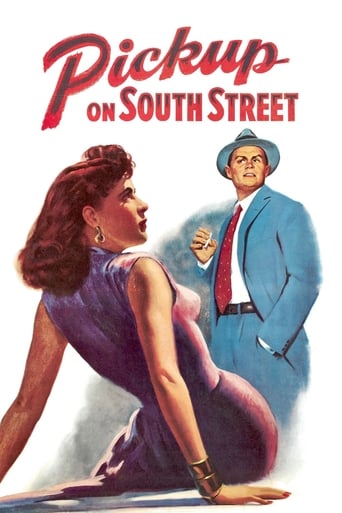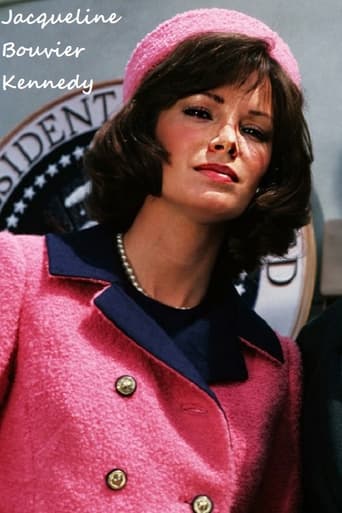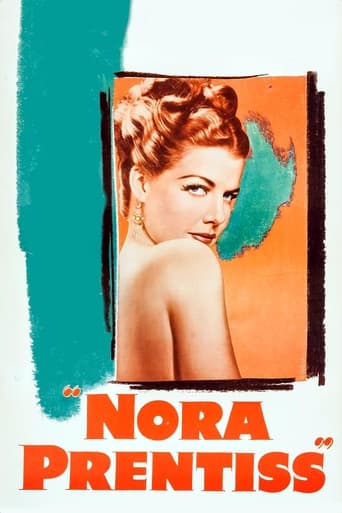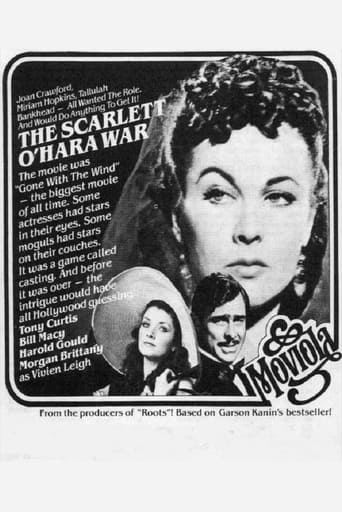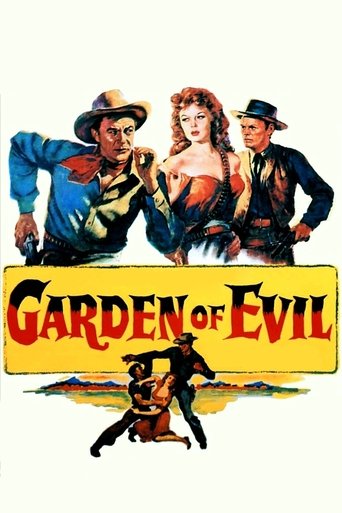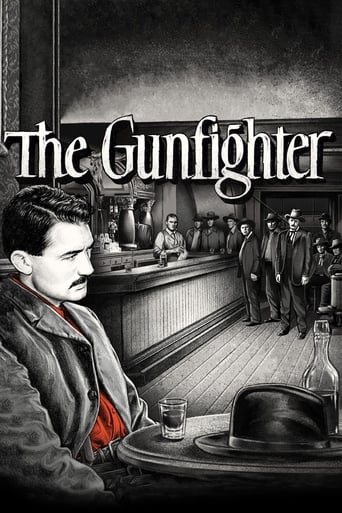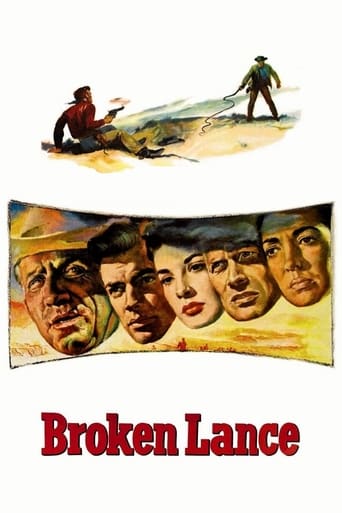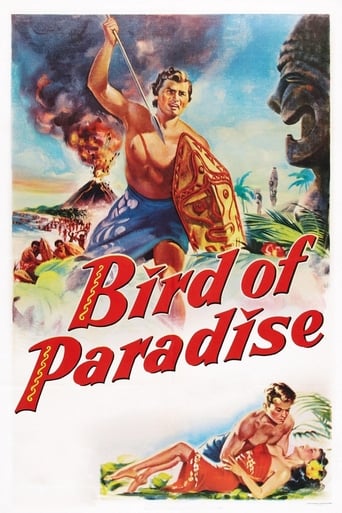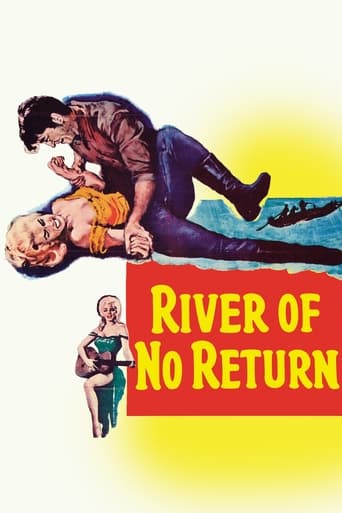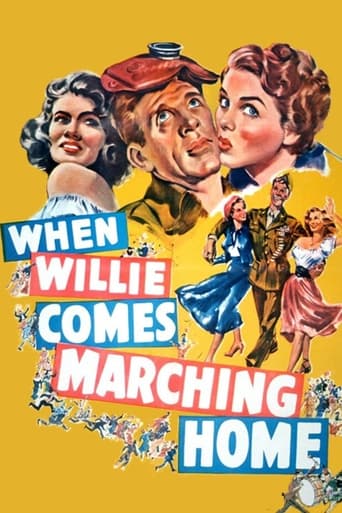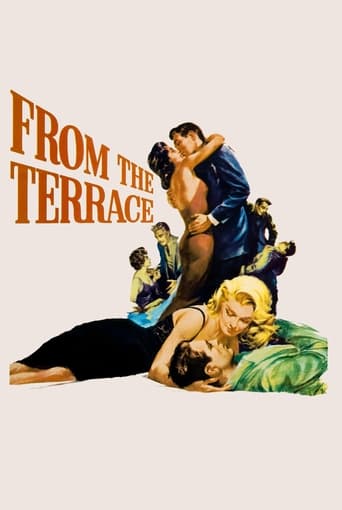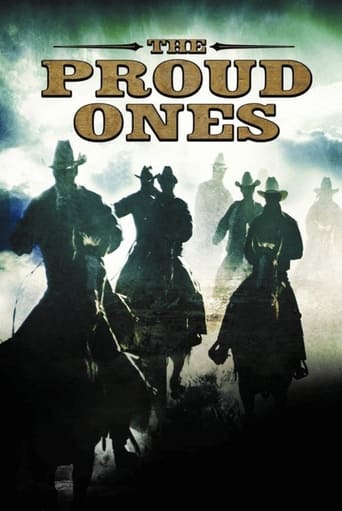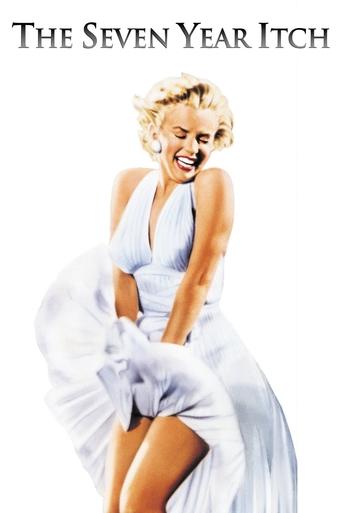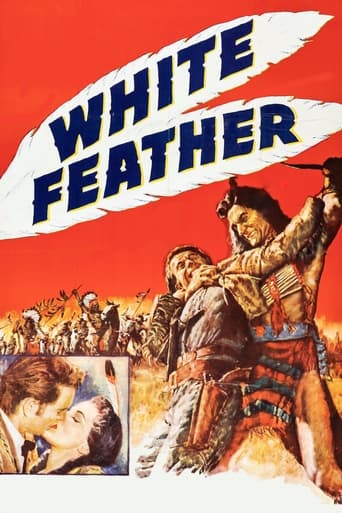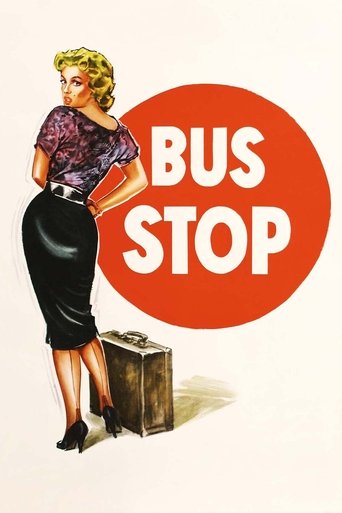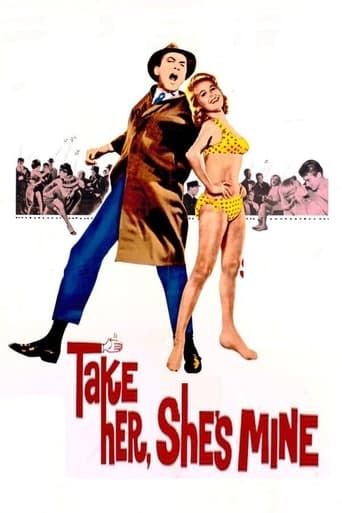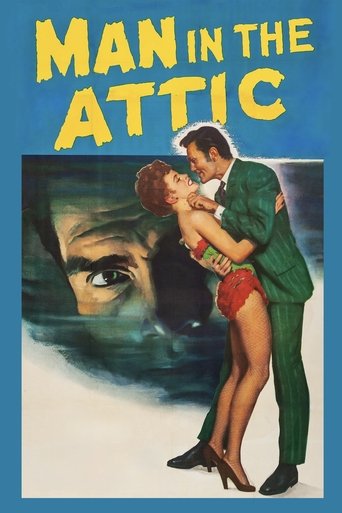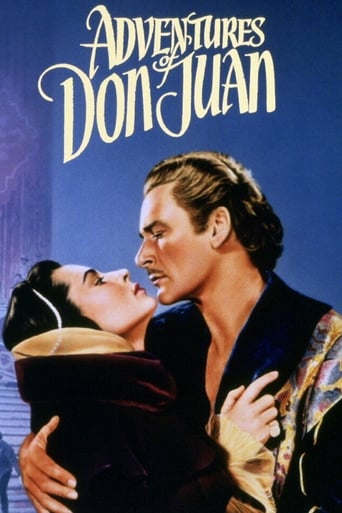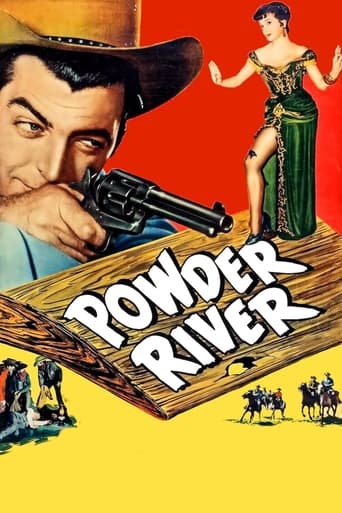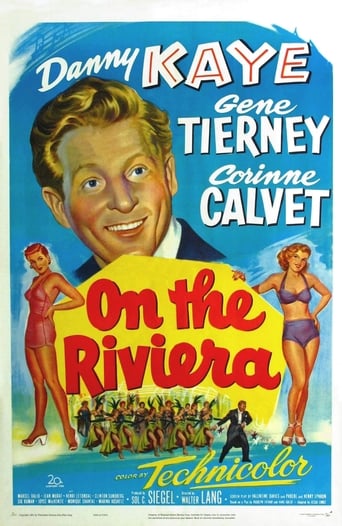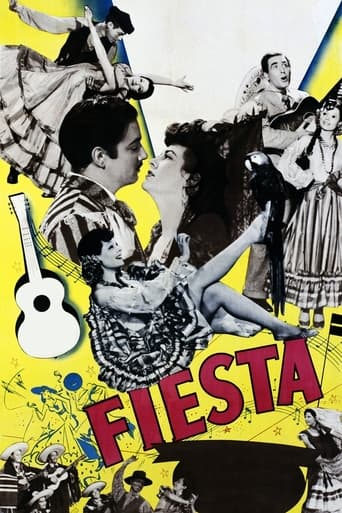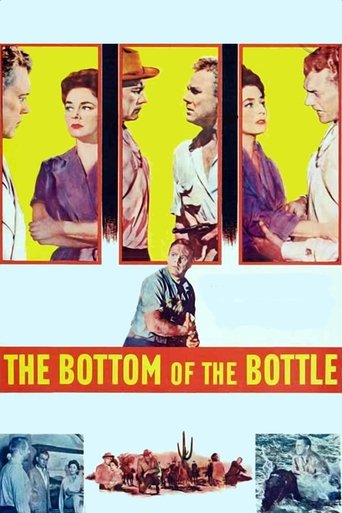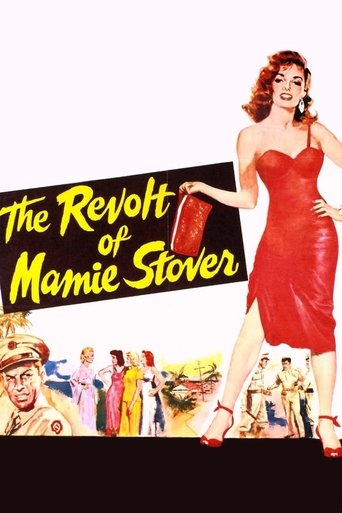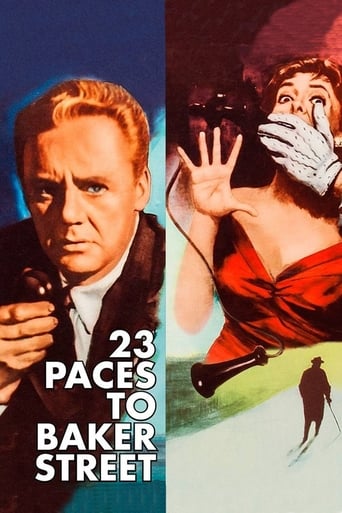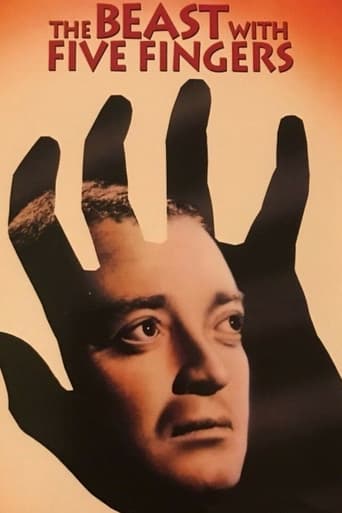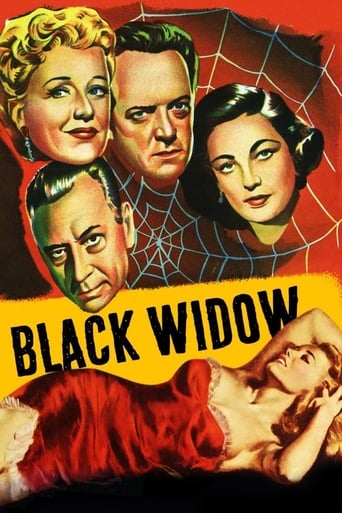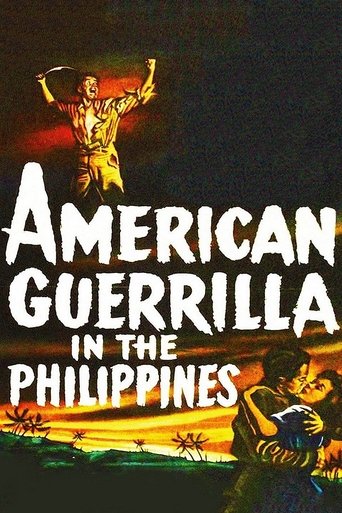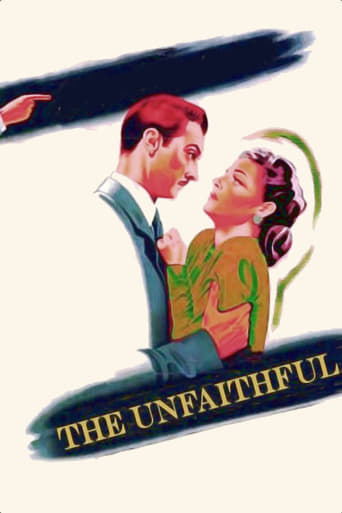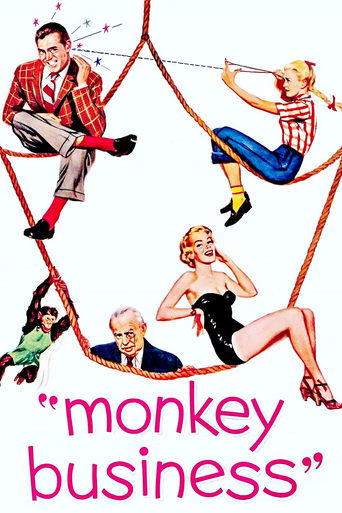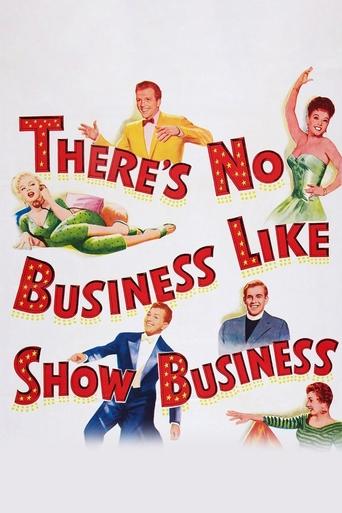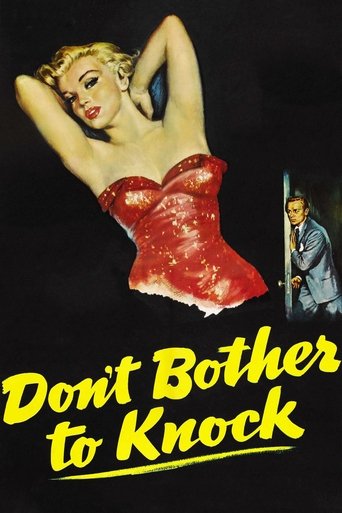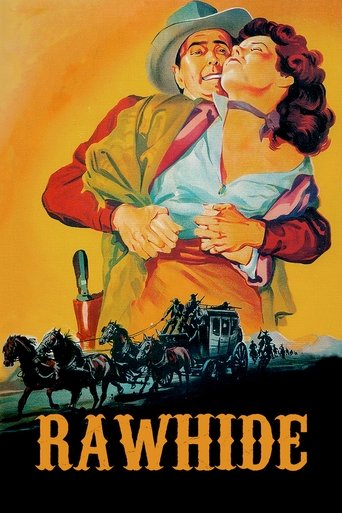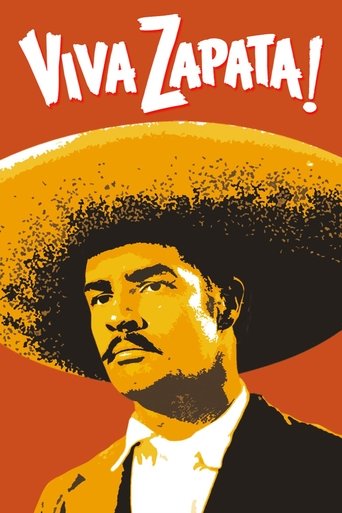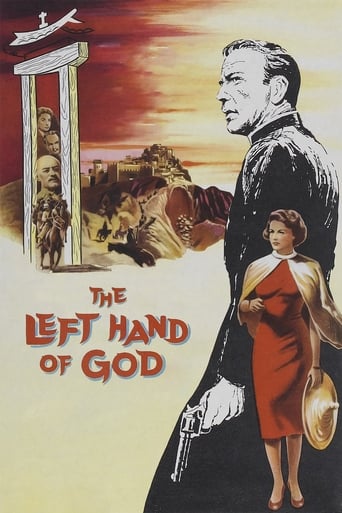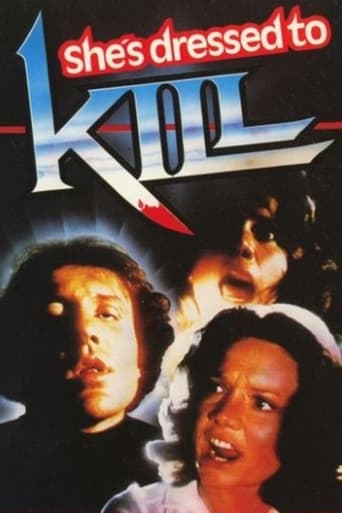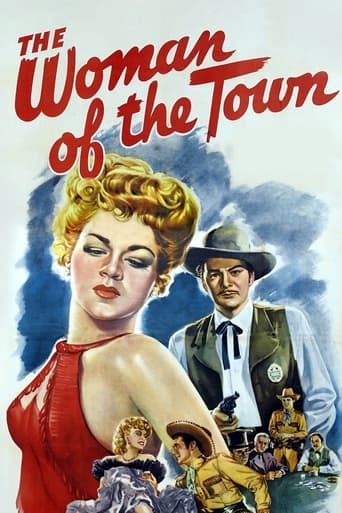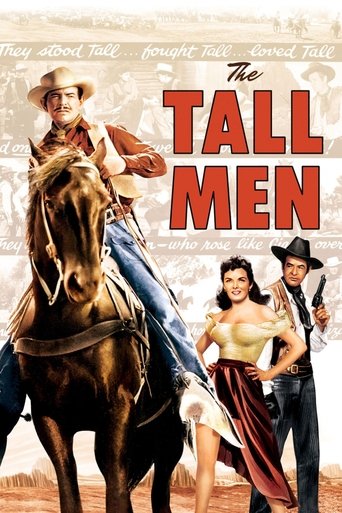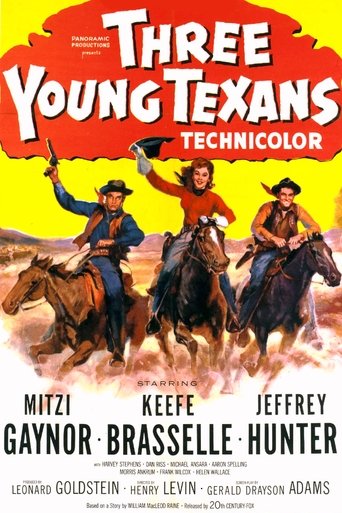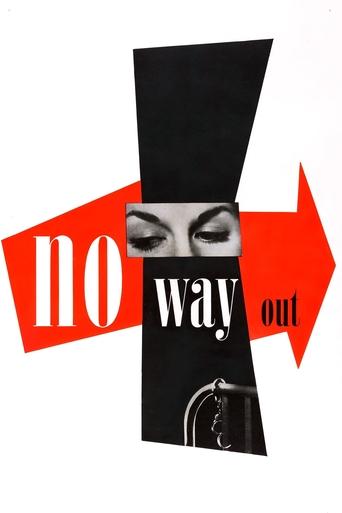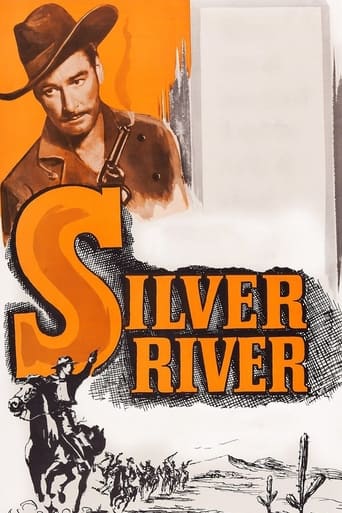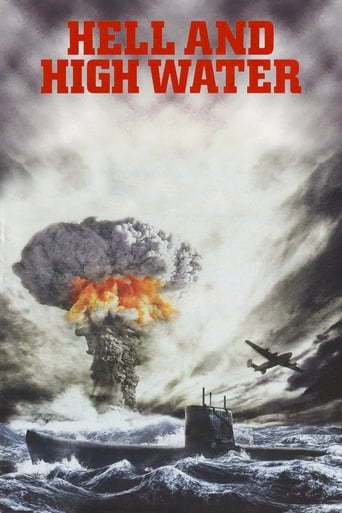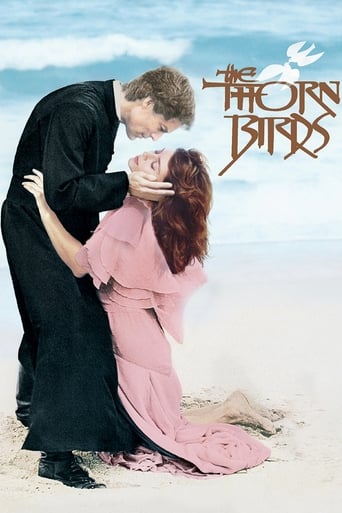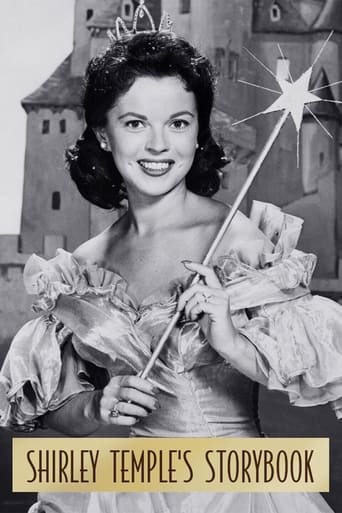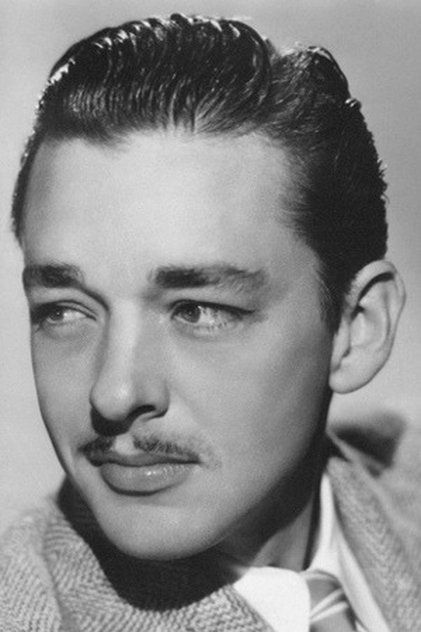
Travilla
The man who draped a fringed Idaho potato sack on Marilyn Monroe for a famous snapshot - proving that she looked good in anything - was born on Catalina Island off the California coast on March 22 1920. He studied at the Chouinard School of Art in L.A., showing a precocious talent for drawing fashion design from an early age. By the time he was sixteen, he made money by selling sketches of costume designs for showgirls he had studied at burlesque houses. Found unfit for wartime duties due to flat feet, William Travilla made his way to Hollywood and signed his first contract as costume designer at Columbia in 1941. However, during his two-year tenure he received rather few assignments and left disillusioned. Little work came his way during the next few years, until, in 1946, he was spotted in a nightclub (selling travel sketches of the South Pacific) by the actress Ann Sheridan, who became an instant admirer of his work. Sheridan persuaded Travilla to become her personal costume designer at Warner Brothers. This didn't quite come to pass, though he did design her gowns for Nora Prentiss (1947). More importantly, he notched up his first major success by winning the Academy Award for the lavish and colourful costumes of Adventures of Don Juan (1948) in conjunction with Leah Rhodes and Marjorie Best. After his three year contract was up, Travilla went on to 20th Century Fox, for what would become the most productive period of his career in the film business. At the same time, he set up his own high end fashion salon, Travilla Inc., in Los Angeles, creating several collections of elegant, award-winning designs. Travilla dressed many established stars, from Marlene Dietrich and Joan Crawford, to Loretta Young. However, he is chiefly remembered for the iconic gowns, designed for Marilyn Monroe's famous hourglass shape in eight of her most popular films. These include her sexy satin number from How to Marry a Millionaire (1953), the gold lame dress with the sun ray pleats glimpsed in Gentlemen Prefer Blondes (1953) and, subsequently, at the 1953 Photoplay Awards (over Travilla's objections); and, of course, the white cocktail dress famously uplifted above the subway grate in The Seven Year Itch (1955). One of three versions of the latter sold at auction for $ 4.6 million in 2011. Despite their close working relationship, Travilla later went on record describing Marilyn on a personal level as 'childlike' and plagued by feelings of inadequacy. After his contract with Fox expired in 1956, Travilla tended to his own exclusive label, designing a collection of ready-to-wear 'California' fashion. In the 1960's, he continued to freelance, working primarily for television. He showed off a young Connie Sellecca to great effect in a murder mystery revolving around the fashion industry, fittingly titled She's Dressed to Kill (1979). Ever synonymous with a bygone era of glamour, he went on to win two Emmy Awards for Outstanding Costume Design for The Scarlett O'Hara War (1980) and for Dallas (1978). An exhibition of his personal collection, under the auspices of his longtime collaborator William Sarris, went on a world tour in 2008.
- Teitl: Travilla
- Poblogrwydd: 1.428
- Yn adnabyddus Am: Costume & Make-Up
- Pen-blwydd: 1920-03-22
- Man Geni: Los Angeles, California, USA
- Tudalen hafan:
- Hefyd yn hysbys fel: William Jack Travilla, Bill, William Travilla



